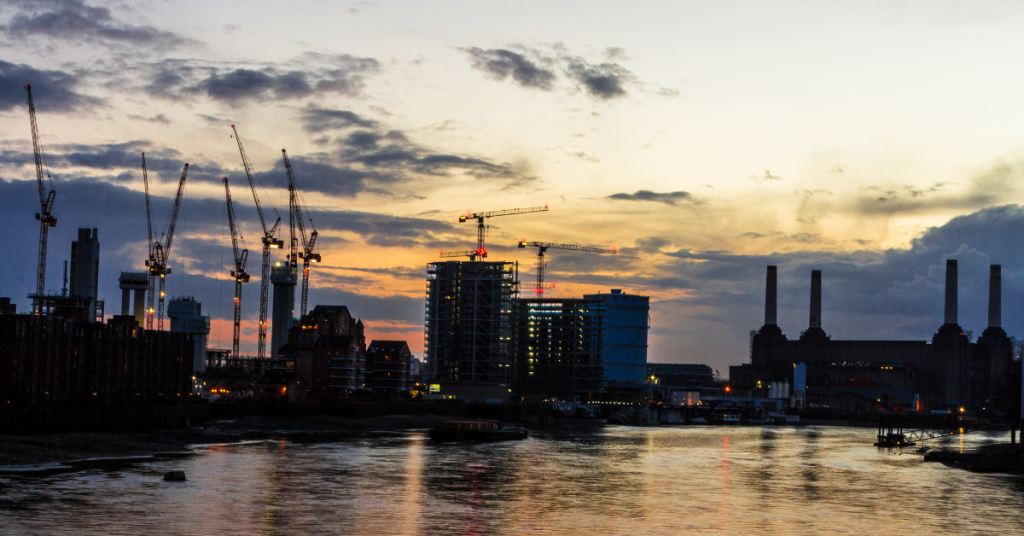
The construction sector is one of the most hazardous industries in the UK, consistently reporting some of the highest rates of workplace injuries and illnesses. Characterised by a changeable, dynamic environment, construction workplaces present unique safety challenges that cannot be overlooked. These risks not only jeopardise worker safety but also cost the industry millions in lost productivity and compensation claims every year.
However, while these challenges may seem daunting, the good news is that they are not insurmountable. With the right approach, robust safety practices, and expert guidance, the construction industry can continue to make strides towards a safer future. At PRR Safety, we believe no challenge is too great when it comes to protecting workers and creating safer environments for all.
However, while these challenges may seem daunting, the good news is that they are not insurmountable. With the right approach, robust safety practices, and expert guidance, the construction industry can continue to make strides towards a safer future. At PRR Safety, we believe no challenge is too great when it comes to protecting workers and creating safer environments for all.
The most recent Health and Safety Executive (HSE) report underlines why proactive safety measures remain so important in the construction industry. Indeed, the report states that in the 2023/24 period, the construction industry accounted for 51 out of 123 work-related fatal injuries in Great Britain, making it the most dangerous industry in terms of fatalities. Beyond immediate injuries, long-term health risks were also a prevalent concern. The industry accounts for over 40% of occupational cancer deaths and registrations among all industrial sectors, a sobering reminder of past practice legacy involving hazardous materials such as asbestos.
The dangers faced by construction workers can be exacerbated by the tight deadlines typical of construction projects, where the pressure to meet time constraints can lead to tempting shortcuts in safety. The financial implications of poor safety practices in construction are immense. Fatalities and injuries incur immediate costs, but the indirect costs are even more damaging. Delayed projects, reduced productivity, and reputational damage to businesses can derail entire operations, leading to financial losses that exceed the initial costs of improving safety measures.
We don’t have to accept this reality. Through ongoing education, stricter enforcement, and proactive risk management, we can make significant progress in preventing these outcomes.
This is where PRR Safety steps in. With years of experience in health and safety solutions, we understand the pressures construction teams face. Through our training, assessments, and bespoke safety solutions, we empower companies to move away from reactive approaches to safety and toward proactive, preventative strategies.
We don’t have to accept this reality. Through ongoing education, stricter enforcement, and proactive risk management, we can make significant progress in preventing these outcomes.
This is where PRR Safety steps in. With years of experience in health and safety solutions, we understand the pressures construction teams face. Through our training, assessments, and bespoke safety solutions, we empower companies to move away from reactive approaches to safety and toward proactive, preventative strategies.
If you’re ready to take meaningful steps towards improving safety and reducing risks in your workplace, contact us today to find out how we can help you.


